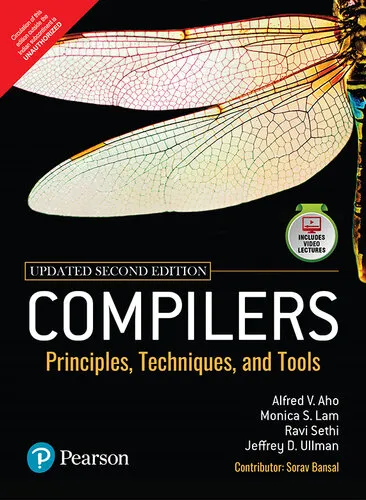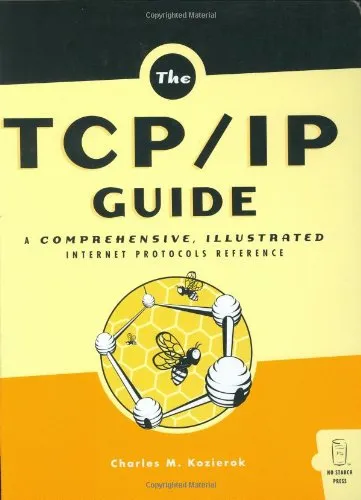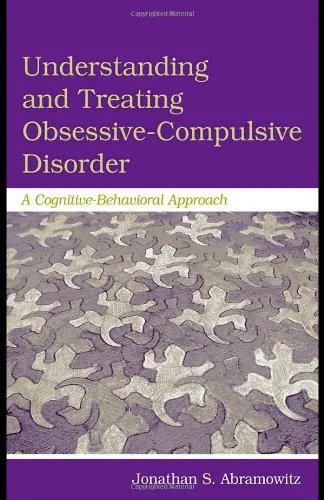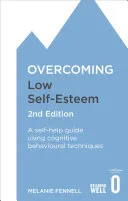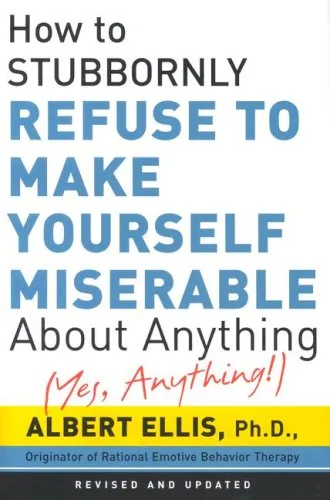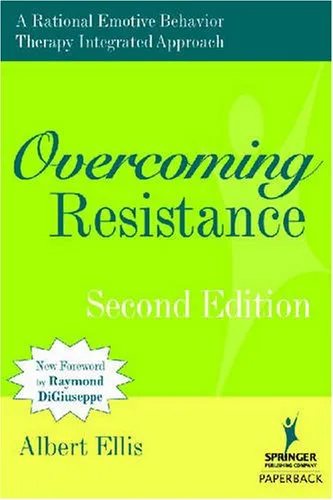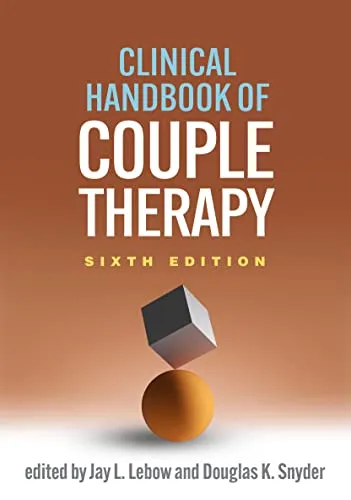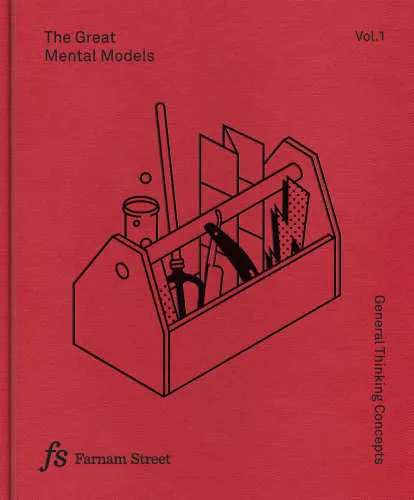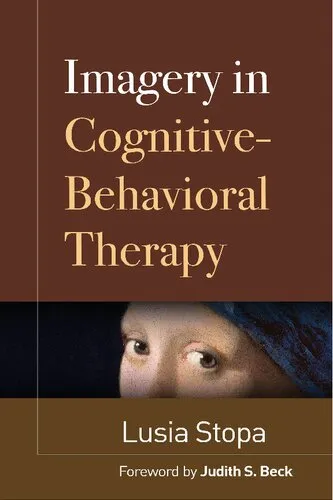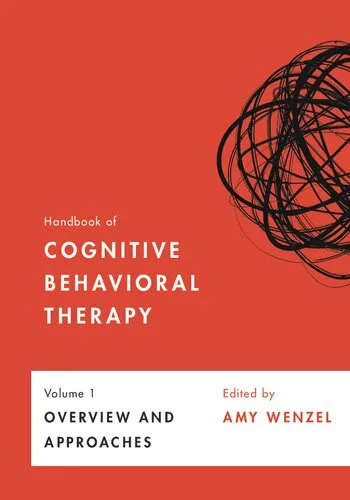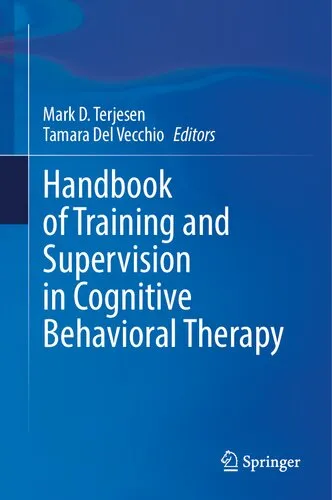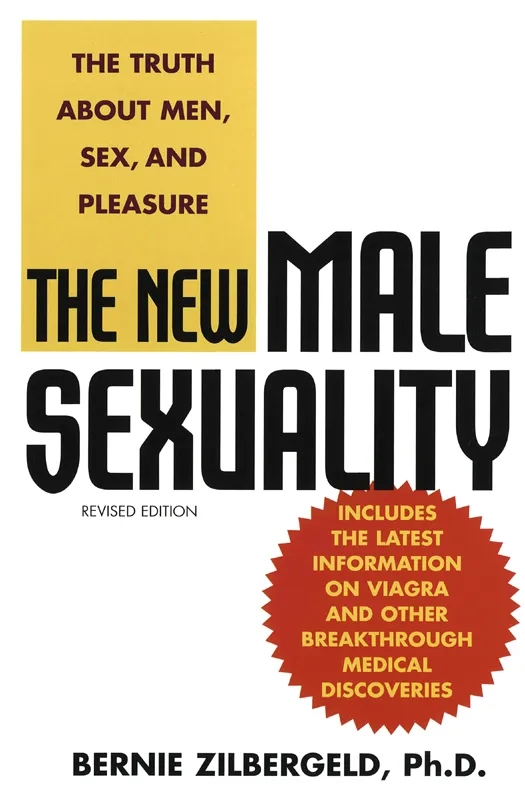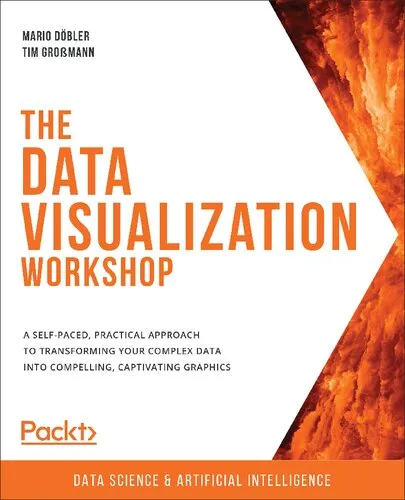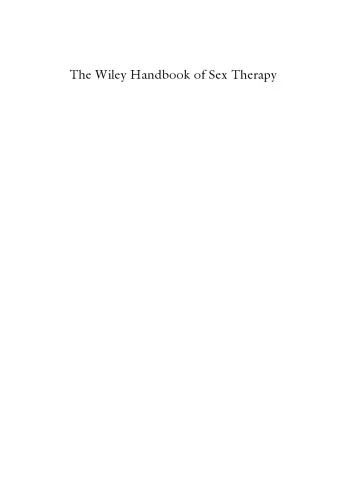Behavioural Psychotherapy
4.6
Reviews from our users

You Can Ask your questions from this book's AI after Login
Each download or ask from book AI costs 2 points. To earn more free points, please visit the Points Guide Page and complete some valuable actions.Related Refrences:
Analytical Summary
The section spanning pages 132 to 141 of Behavioural Psychotherapypp.132—141 encapsulates a nuanced exploration of behavioural theory applied in therapeutic settings, with a particular focus on translating evidence-based strategies into practical interventions. This concentrated segment reflects the authors’ dedication to bridging theoretical constructs with real-world application, making it especially valuable to academics, clinicians, and students deeply engaged with modern psychotherapy.
Written by Thorpe, Geoffrey L.; Freedman, Eric G.; and Lazar, Joel D., this portion navigates complex psychological principles without losing sight of clinical utility. While the exact publication year and historical reception are listed as “Information unavailable” due to no reliable public source, the text’s scholarly tone and structured approach remain timeless in relevance.
Readers encounter an authoritative treatment of cognitive-behavioural therapy (CBT) methodologies, situational analysis, and measured assessment tools. The integration of empirical evidence with case framework enhances understanding of how behavioural psychotherapy operates across varied populations, addressing both symptomatic relief and root-cause modification.
Key Takeaways
Within these pages, the authors distil decades of combined expertise into actionable concepts that resonate with practitioners and researchers alike.
Key lessons include the importance of structured behavioural assessments in guiding intervention; the role of measurable outcomes in validating therapeutic success; and the necessity of adapting frameworks to individual client needs. Each element is grounded in academic rigor, fostering both confidence and professional curiosity.
Memorable Quotes
“Understanding the client’s behavioural patterns is the cornerstone of effective psychotherapy.” Unknown
“Evidence must guide intervention, but compassion sustains it.” Unknown
“Structured assessments illuminate the path to meaningful change.” Unknown
Why This Book Matters
Behavioural Psychotherapypp.132—141 stands out because it merges academic precision with practical adaptability, enabling readers to apply concepts in diverse contexts without losing fidelity to core principles.
In a field where evolving scientific understanding constantly reshapes best practices, this portion serves as a steadfast reference point. Its emphasis on core CBT principles ensures it remains relevant even as therapeutic paradigms shift, making it a vital resource for those committed to mental health excellence.
Inspiring Conclusion
For professionals, scholars, and dedicated students, Behavioural Psychotherapypp.132—141 offers not merely a textual study, but a call to engage more deeply with the craft and science of behavioural therapy.
Its authoritative insights invite readers to integrate its principles into their own clinical or academic work, fostering innovation grounded in proven methodology. The next step is clear: delve into this segment, share its lessons with colleagues, and discuss the evolving field of behavioural psychotherapy to continually refine and elevate your practice.
Free Direct Download
You Can Download this book after Login
Accessing books through legal platforms and public libraries not only supports the rights of authors and publishers but also contributes to the sustainability of reading culture. Before downloading, please take a moment to consider these options.
Find this book on other platforms:
WorldCat helps you find books in libraries worldwide.
See ratings, reviews, and discussions on Goodreads.
Find and buy rare or used books on AbeBooks.
1189
بازدید4.6
امتیاز0
نظر98%
رضایتReviews:
4.6
Based on 0 users review
Questions & Answers
Ask questions about this book or help others by answering
No questions yet. Be the first to ask!



